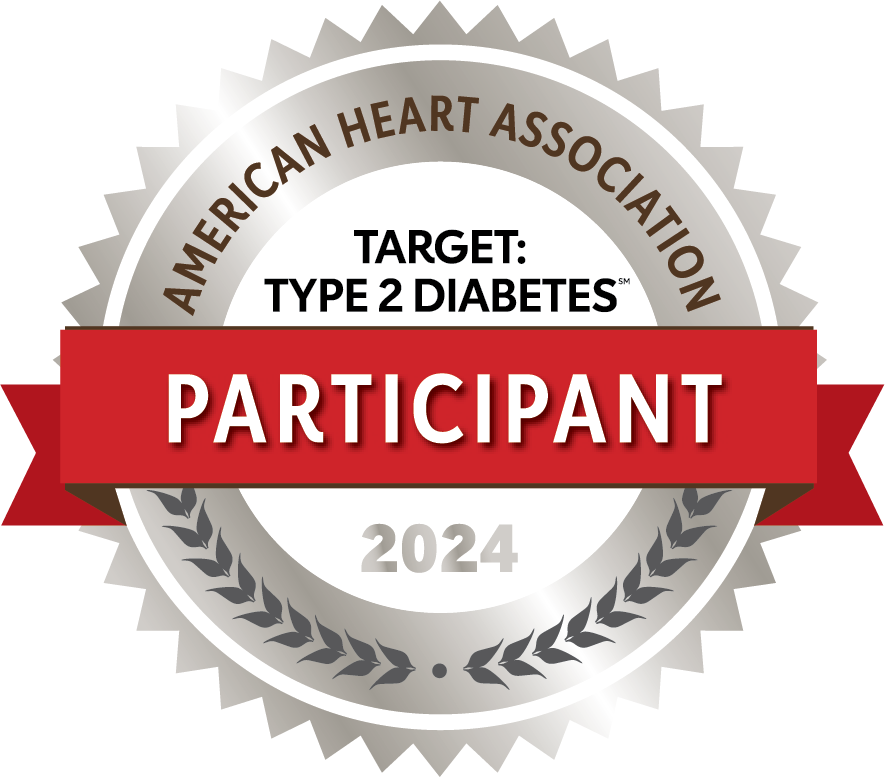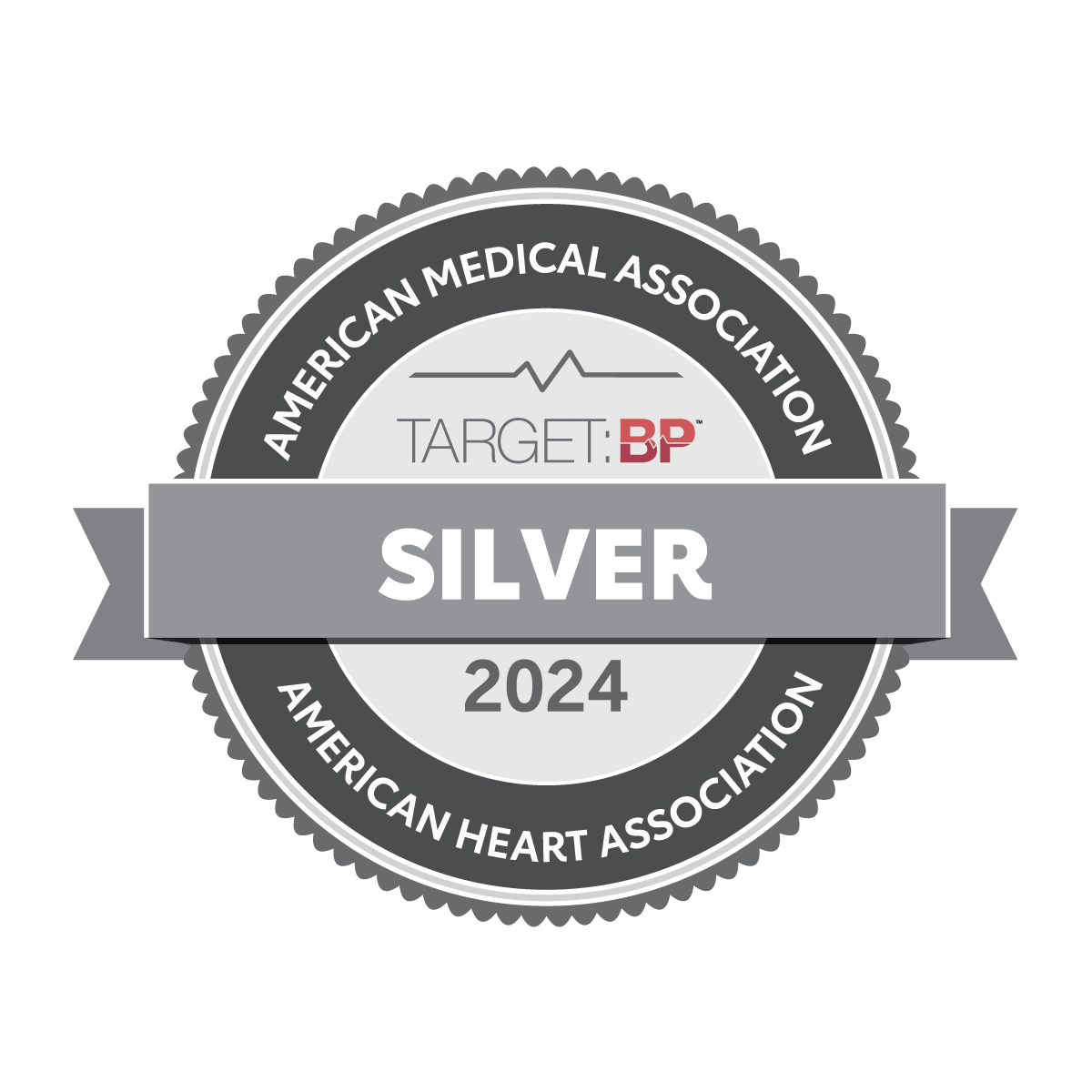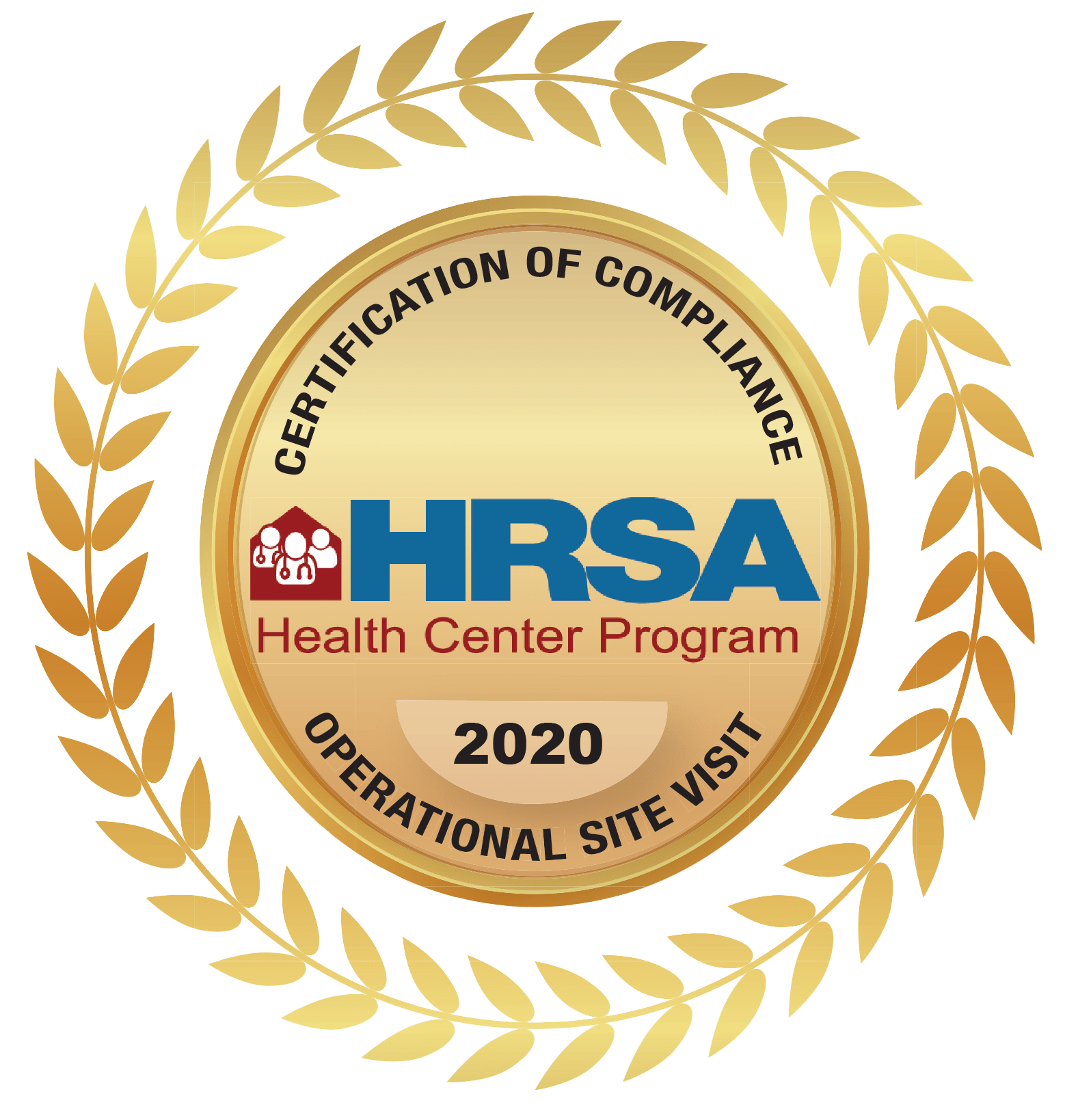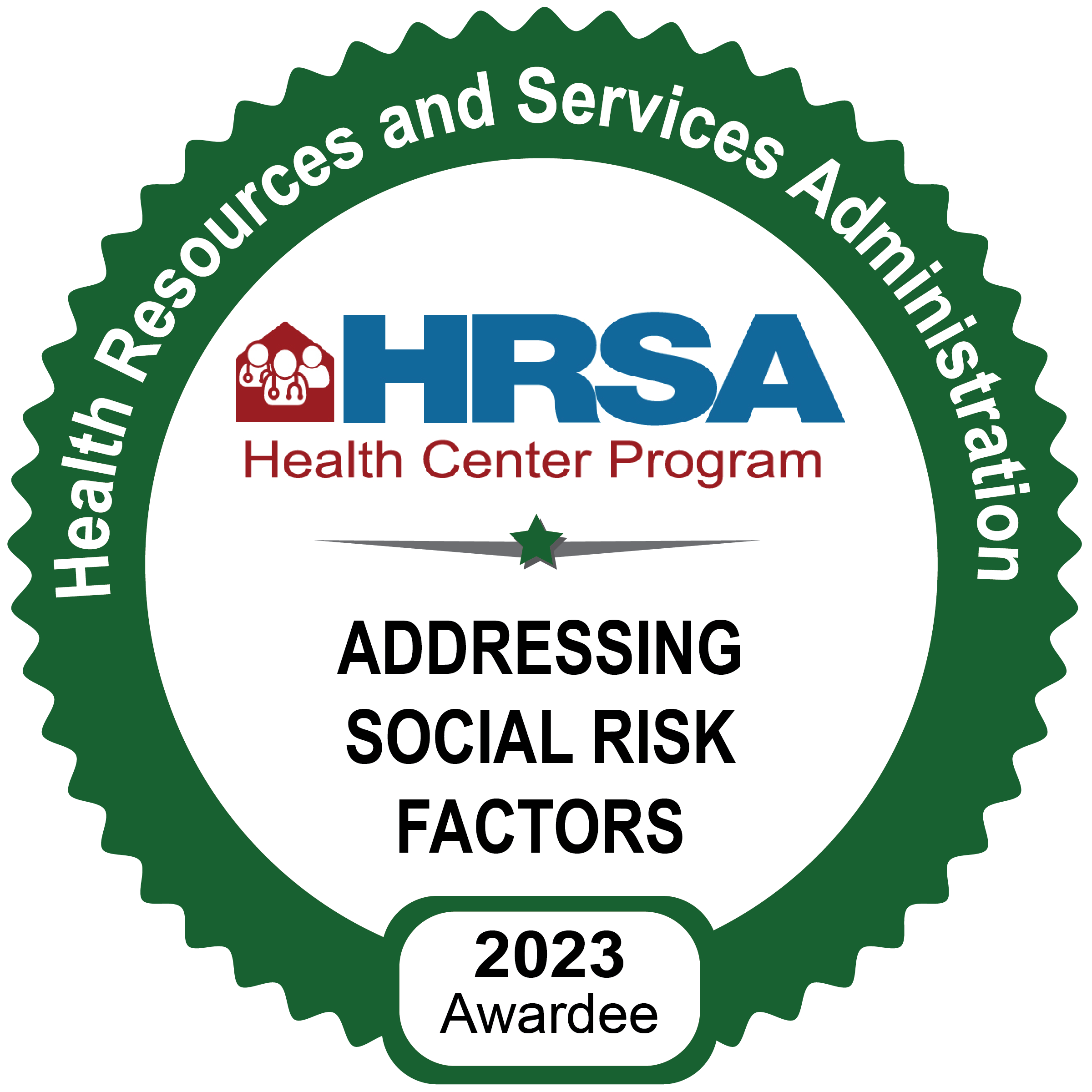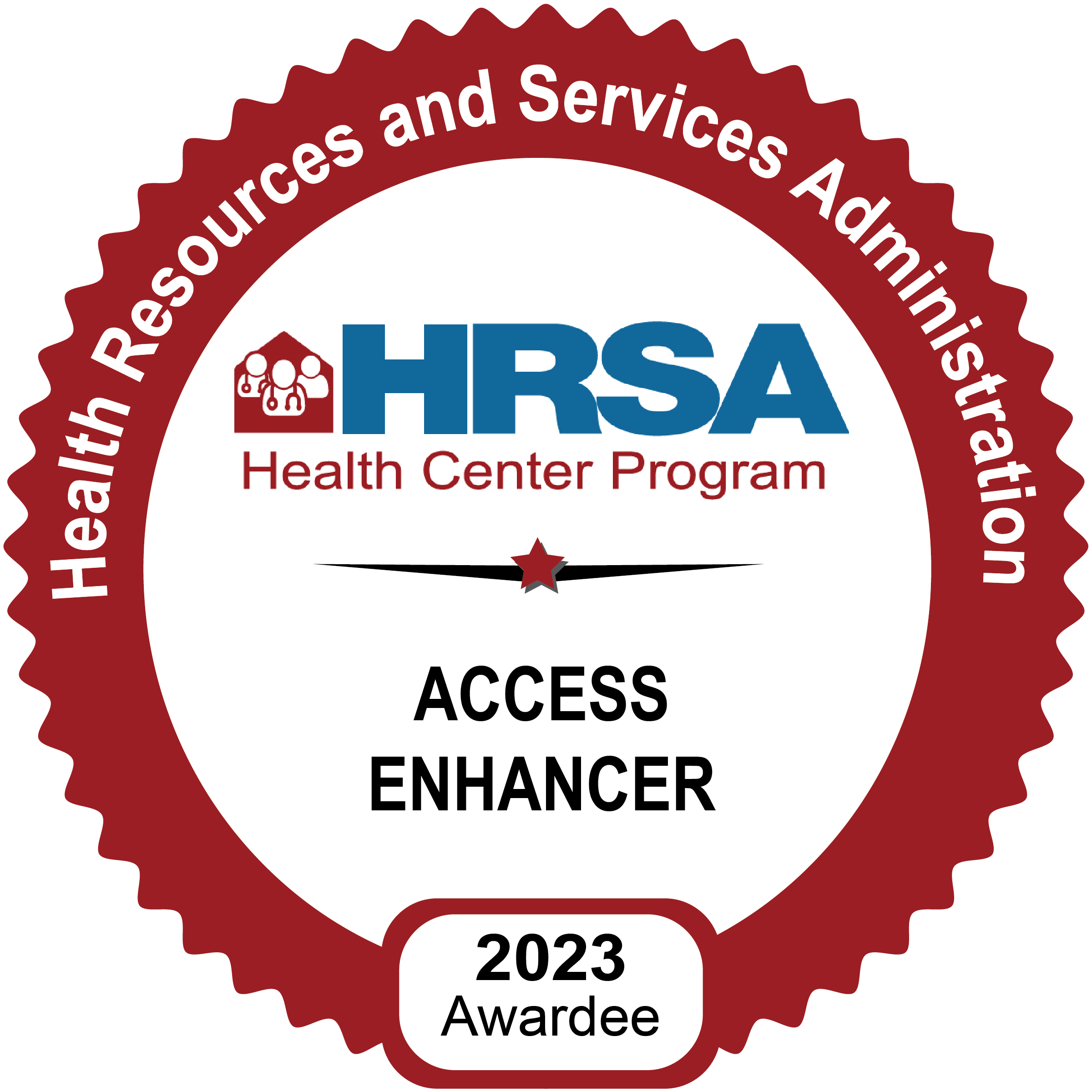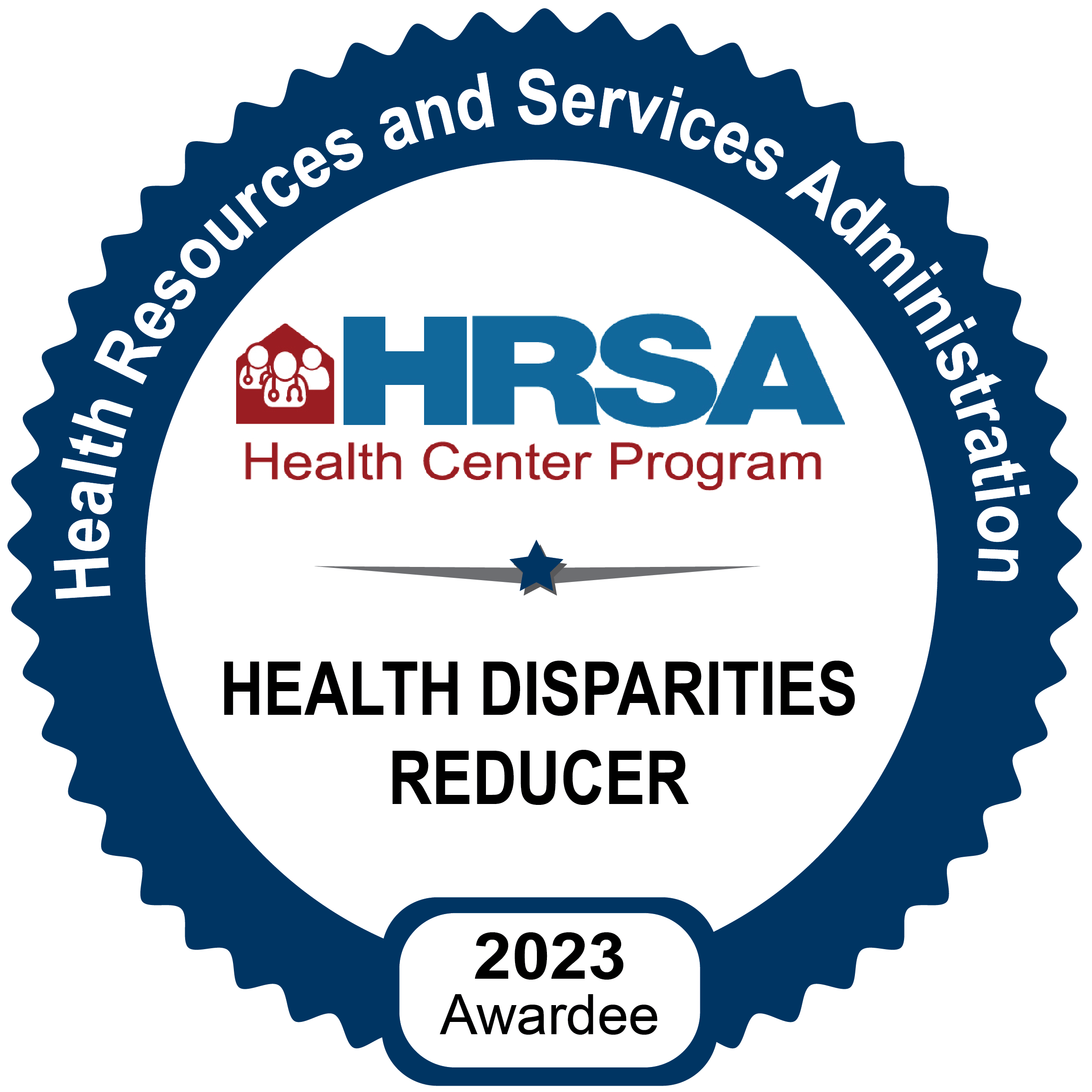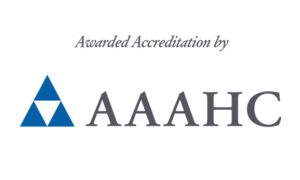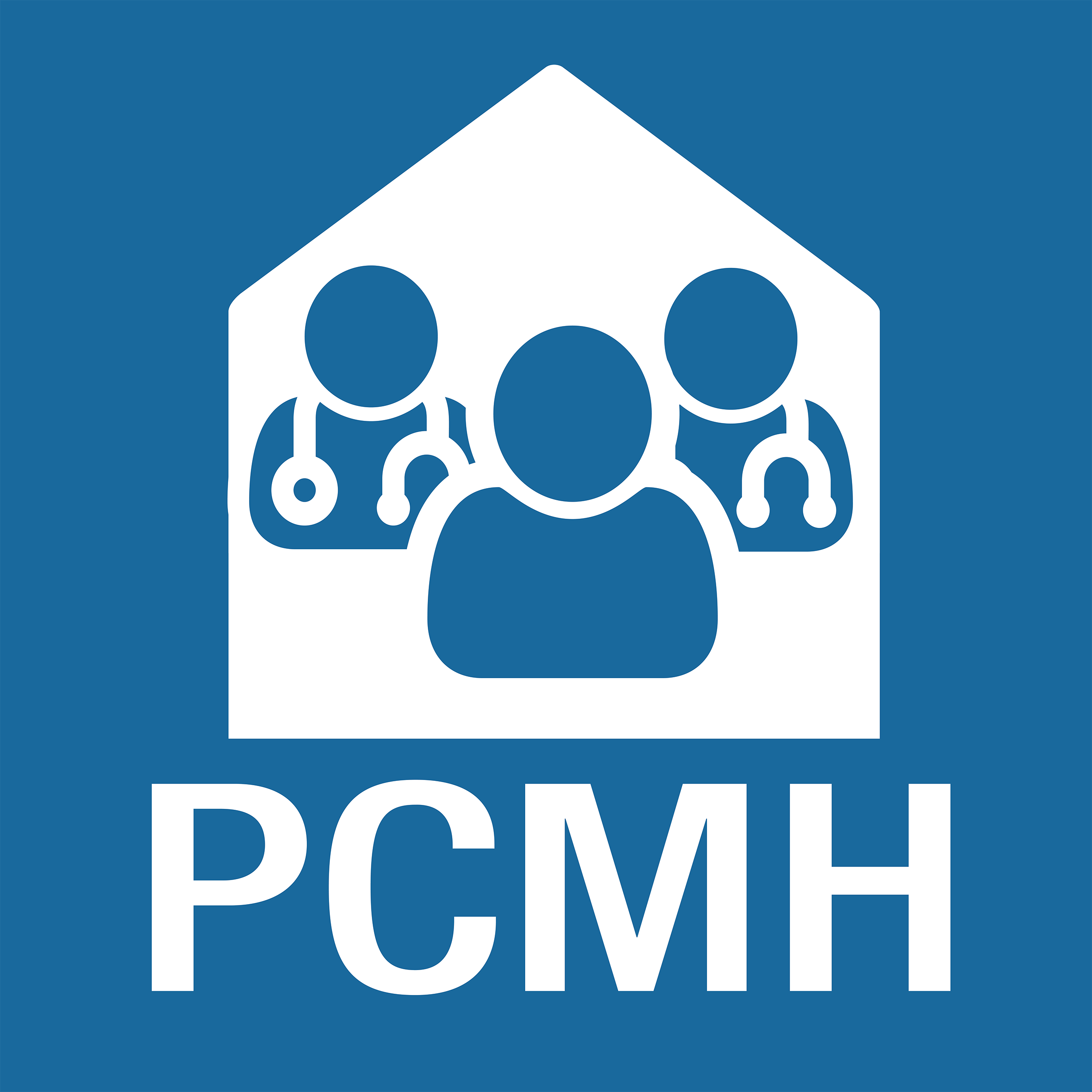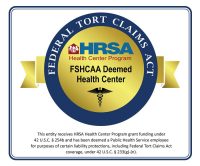Breastfeeding and Nutrition
August is National Breastfeeding Month, so we’d like to share information about breastfeeding and good nutrition.
The good news is, breastfeeding nutrition isn’t very complicated. As long as you’re eating a healthy, well-balanced diet, you’re already doing great! So let’s talk about a few essential details to remember:
Calories
Breastfeeding moms need to consume more calories during breastfeeding than they would otherwise. Aim to add 450 to 500 calories into your daily food intake, or aim for a total daily calorie intake of between 2300 and 2500 calories. However, this does not mean adding lots of sugary, fried, or salty foods to your diet. Reach your calorie goals by eating healthy foods like fruits, vegetables, low-fat meats, whole grains, and low-sugar dairy products.
Foods to Avoid
Alcohol – There’s no level of alcohol in breast milk that is considered safe for infants. If you have a drink, you should wait to breastfeed until the alcohol has completely cleared from your breast milk. This usually takes about 2 to 3 hours for one serving of alcohol (12 ounces of 5% beer, 5 ounces of 11% wine, or 1.5 ounces of 40% liquor). Consider pumping milk before you have alcohol, so your baby doesn’t have to wait for their next feeding. A hungry baby is usually an unhappy (and loud!) baby.
Fish is an excellent source of protein and essential nutrients, but breastfeeding mothers should limit the types and amounts of seafood they eat. Most fish contain some amount of mercury in their bodies, which can pass from mother to infant through breast milk. Mercury can have adverse effects on an infant’s brain and nervous system. Try to limit your servings of fish and avoid fish that are on the FDA’s “Choices to Avoid” list. Click here to download that list.
Caffeine can pass from mother to infant in small amounts through breast milk, but this usually isn’t an issue if the mother consumes low to moderate amounts – about 300 milligrams per day or the equivalent of 2-3 cups of coffee. Breastfeeding mothers with very high caffeine consumption (10 or more cups of coffee per day) have reported irritability, poor sleeping patterns, fussiness, and jitteriness in their infants.
Vegan and Vegetarian Moms
Mothers who do not consume any type of animal products may have lowered vitamin B12 levels, which may then transfer to their infants. It is recommended that vegan or lacto-ovo vegetarian moms supplement their diet with B12 vitamins while pregnant and breastfeeding.
Allergies
It is possible for your baby to experience irritability or an allergic reaction from foods and drinks in your diet. If your baby becomes unusually fussy or develops a rash, diarrhea, or wheezing after nursing, consult your pediatrician. They can help you figure out what your baby may be allergic to so that you can eliminate it from your diet while breastfeeding.
Ultimately, the thing to remember about breastfeeding and diet is – don’t stress about it! If you’re making healthy food and drink choices, both you and your baby will benefit!
Sources:
https://www.cdc.gov/breastfeeding/breastfeeding-special-circumstances/diet-and-micronutrients/maternal-diet.html
https://www.mayoclinic.org/healthy-lifestyle/infant-and-toddler-health/in-depth/breastfeeding-nutrition/art-20046912


